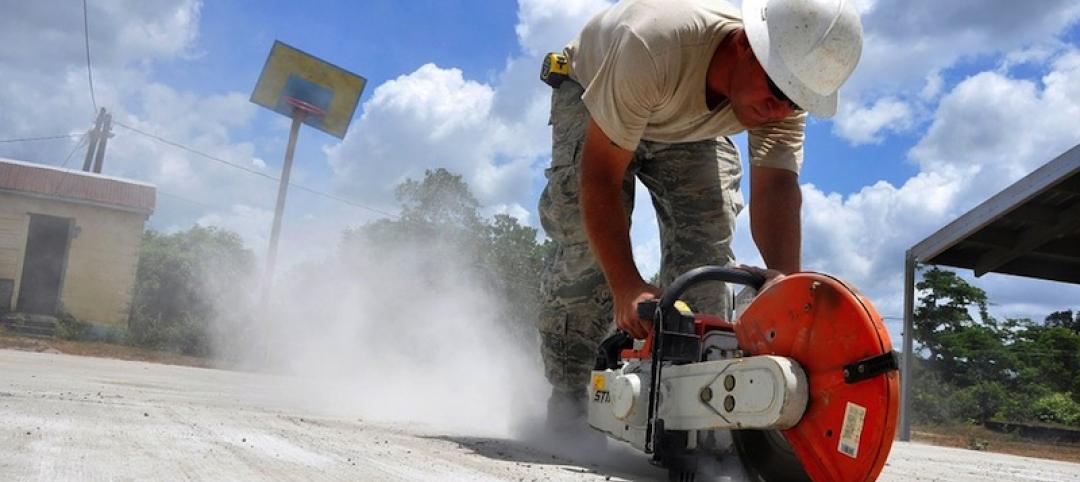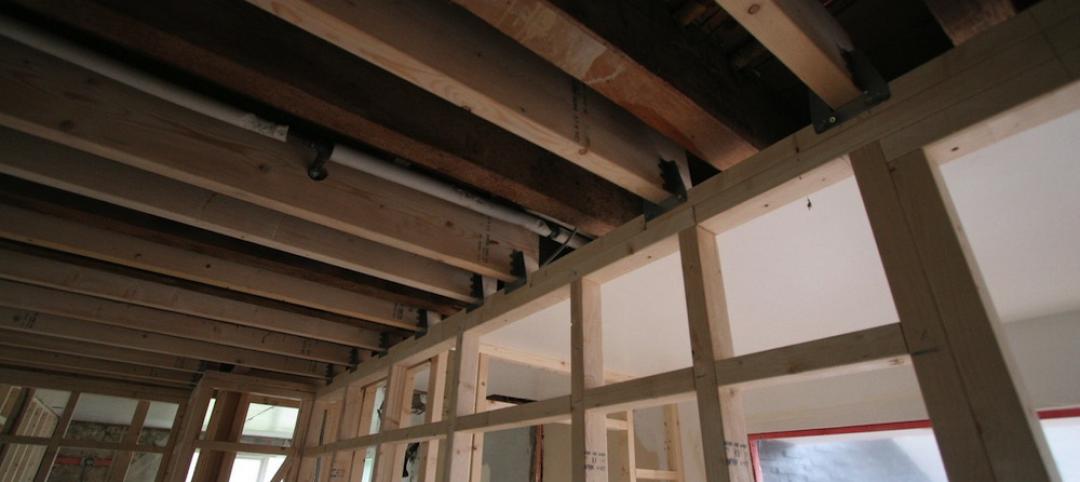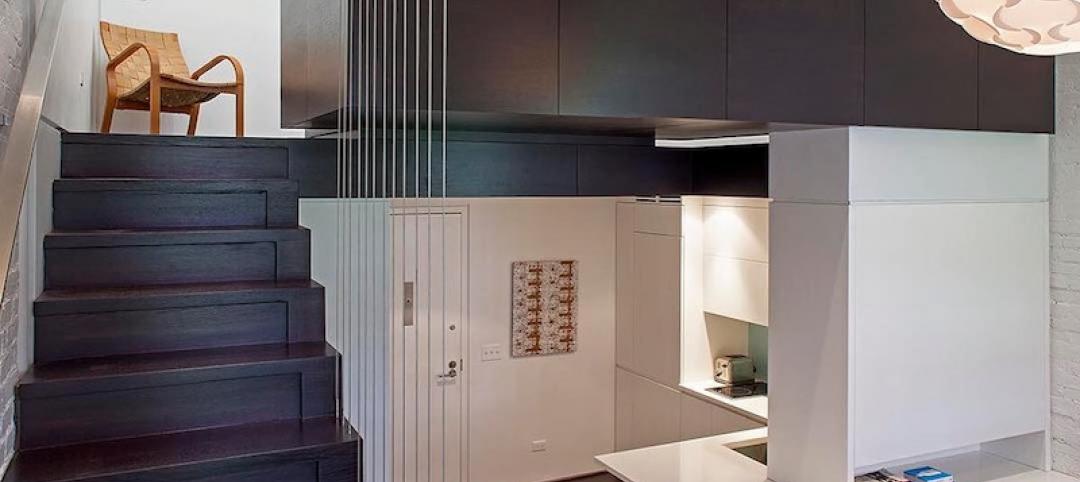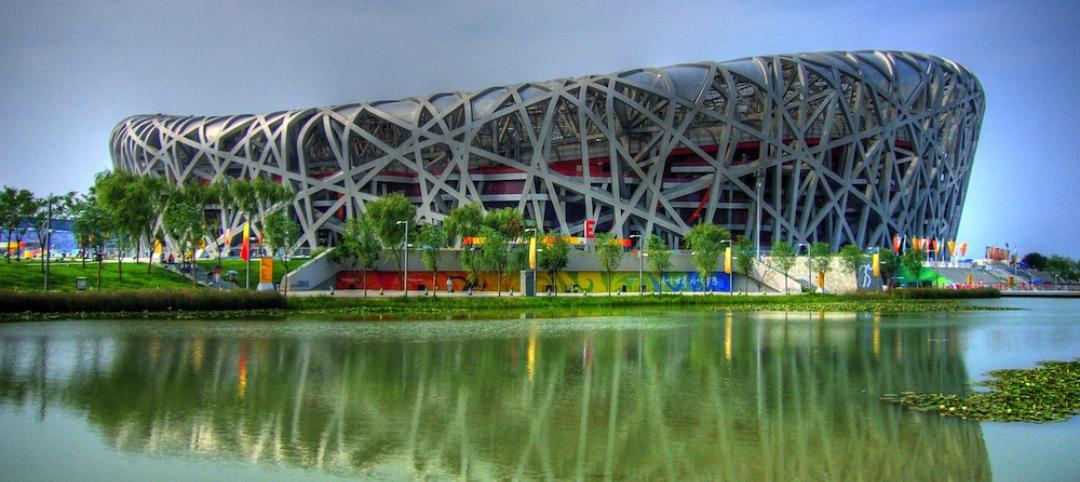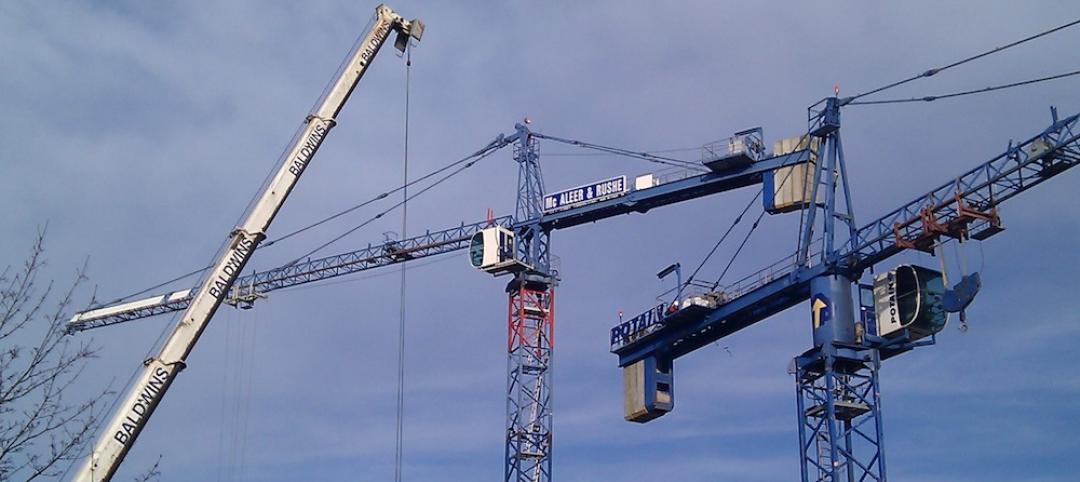Two years ago, a plan to create a smart city project along Toronto’s waterfront was unveiled with great fanfare.
Since then, the proposal, spearheaded by Sidewalk Labs, a subsidiary of Alphabet (Google’s parent company) has prompted extensive public criticism and a lawsuit by the Canadian Civil Liberties Association over data privacy and misuse concerns. The ambitious project was conceived as a showcase for the latest smart city technologies.
The project is to be centered on sustainable and safe transportation systems, and efficient and affordable housing. Technology such as “adaptive traffic lights” would prioritize cyclists and pedestrians and study the possibility of autonomous transit options. Innovative building materials and new occupancy models, like “co-housing”, would offer green, reasonably-priced housing.
With sensors tracking people and vehicles sprinkled throughout the development, privacy rights advocates are concerned that the data could be used for surveillance and discourage people to exercise free speech rights. It didn’t help that at public hearings Sidewalk Labs seemed unable to spell out where this data would be stored and how it would be used.
The company also presented a greatly expanded scope of the proposal from the original 12 acres to a 190-acre area at a public meeting, perhaps misreading the intent of the agreement with the city. These issues have caused delays to the project, but Waterfront Toronto, the city group overseeing it, recently voted to go forward with the 12-acre development.
Other smart city projects around the globe, including in South Korea and India, have been also been plagued by delays and controversies. These challenges indicate that making cities smarter will not be easy.
Related Stories
Codes and Standards | Mar 25, 2016
ASHRAE grants fund human thermal comfort database project
Aim is to help better understand thermal comfort in residential and commercial buildings.
Codes and Standards | Mar 25, 2016
OSHA finalizes new silica dust regulations
Construction industry has until June 2017 to comply.
Wood | Mar 23, 2016
APA updates Engineered Wood Construction Guide
Provides recommendations on engineered wood construction systems.
Codes and Standards | Mar 23, 2016
Affordable housing advocates differ on micro-apartment policy
New York’s luxury micro units could be first step to developing affordable units.
Codes and Standards | Mar 21, 2016
GRESB launches Health and Well-being Module for real estate industry
Optional supplement to environmental, social, and governance assessment.
Codes and Standards | Mar 4, 2016
U.S. Supreme Court lets San Jose affordable housing law stand
Law attempts to alleviate Silicon Valley’s high housing costs.
Codes and Standards | Mar 2, 2016
WELL standard offers multiple benefits for owners, says real estate executive
Could be a recruiting tool for occupant companies.
Cultural Facilities | Mar 1, 2016
China bans ‘weird’ public architecture, gated communities
Directs designers of public buildings to focus on functionality.
Energy Efficiency | Feb 23, 2016
Economists, energy efficiency practitioners need to work together for better cost/benefit studies
Flawed energy efficiency research yields misleading, confusing results.
Codes and Standards | Feb 16, 2016
New York City implements new crane safety plan following deadly accident
The plan includes restrictions on crawler cranes during windy conditions.




